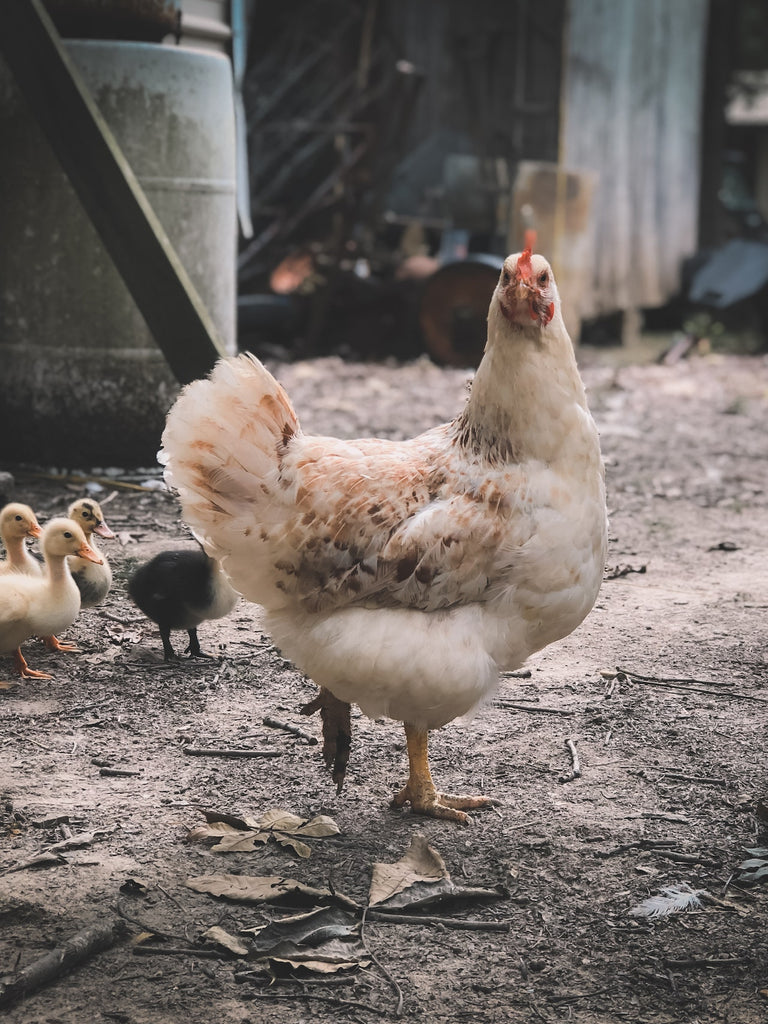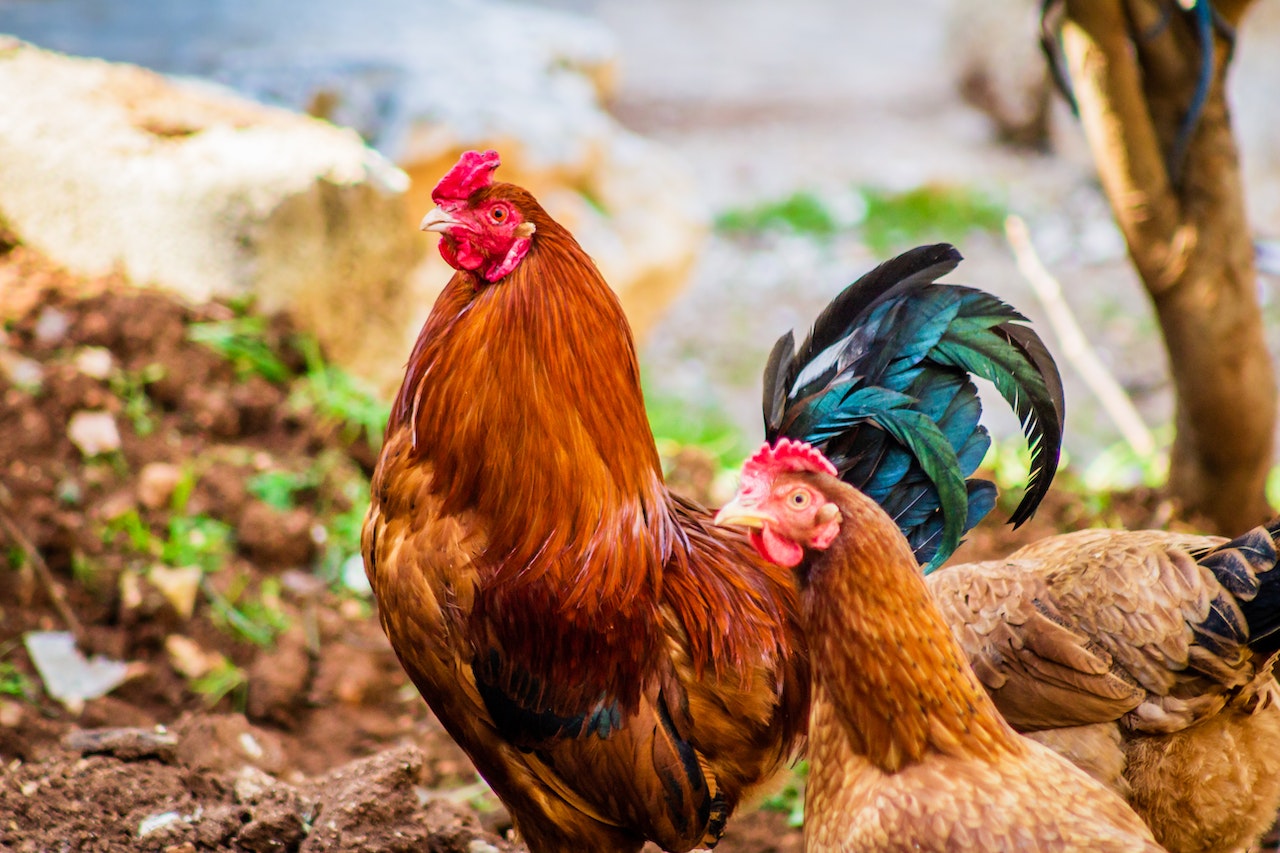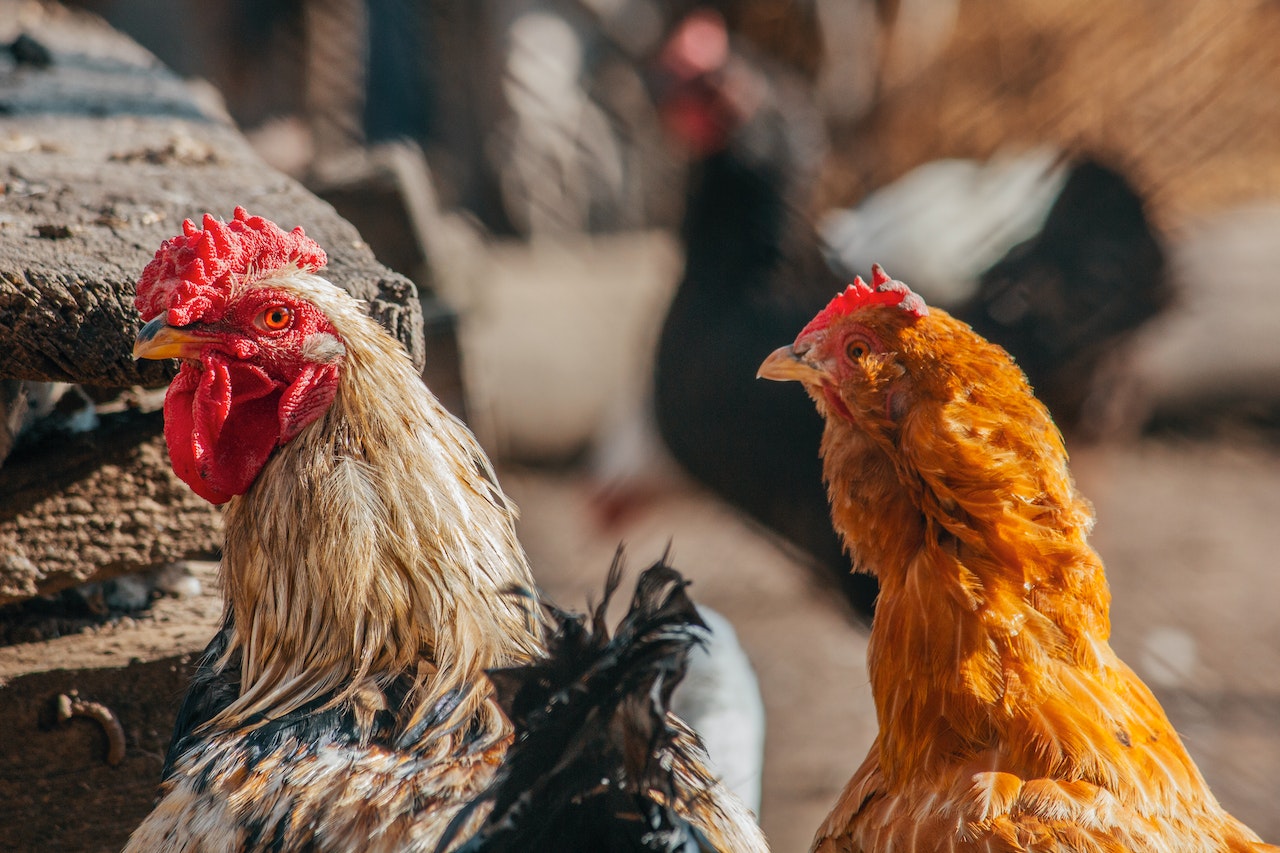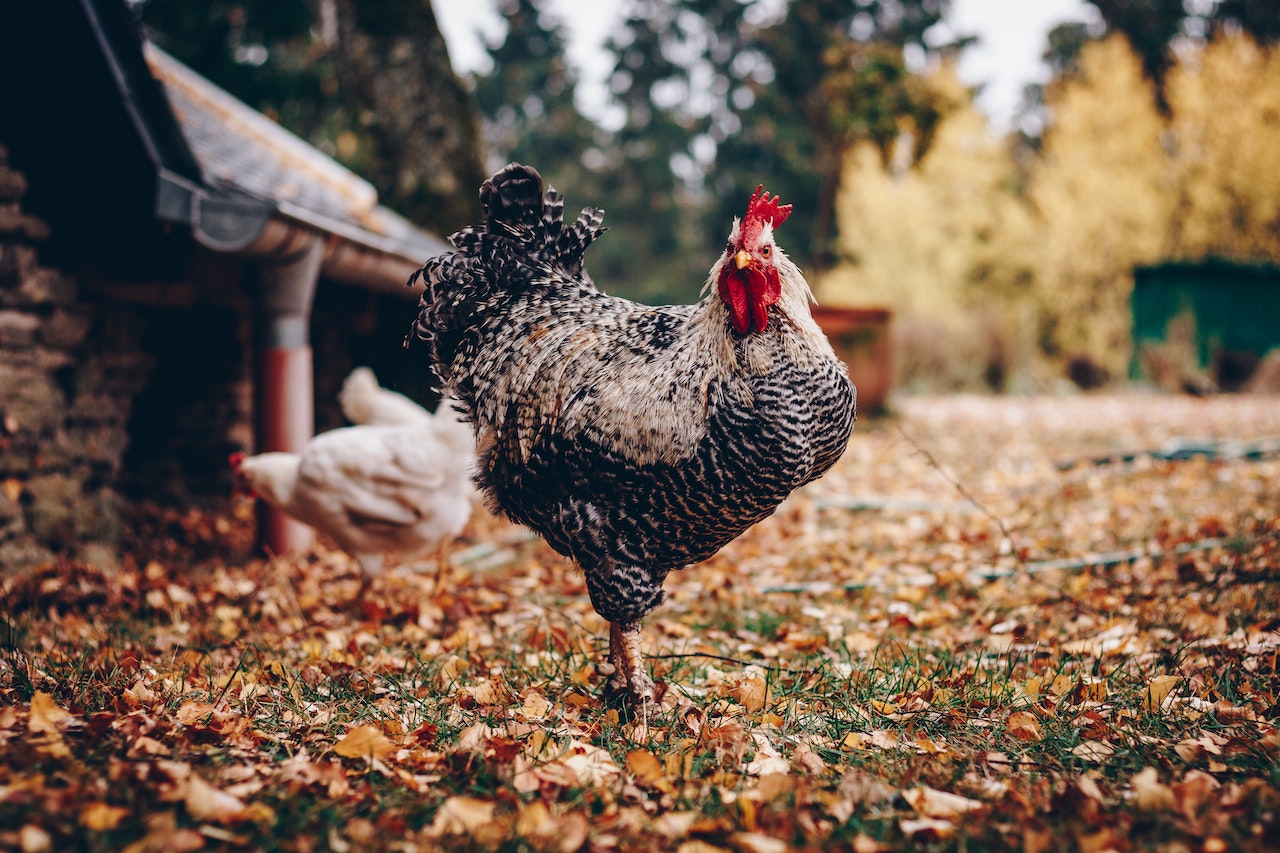
When it comes to raising backyard chickens, providing a well-balanced diet is crucial for their overall health and well-being. As chicken keepers explore different dietary options, the question often arises: Can chickens eat thyme? In this article, we will delve into the topic, examining the nutritional benefits of feeding thyme to chickens, its suitability for baby chicks, serving suggestions, recommended quantities, and potential risks associated with thyme consumption. Let's explore the world of thyme and its potential impact on our feathered friends.
Can Chickens Eat Thyme?
Yes, chickens can eat thyme. Thyme is a fragrant herb commonly used in cooking and known for its medicinal properties. The good news is that chickens can indeed eat thyme. Chickens are natural foragers and enjoy pecking at various herbs and greens, including thyme. However, it's essential to understand the nutritional benefits and considerations associated with incorporating thyme into their diet.
Thyme offers several nutritional advantages for chickens. It is rich in vitamins, particularly vitamin K, which is vital for blood clotting and bone health. Thyme also contains minerals like iron, calcium, and manganese, which contribute to overall growth, egg production, and strong eggshells. Moreover, thyme possesses antimicrobial properties that can support the immune system of chickens, helping them combat potential infections.

Nutritional Benefits of Feeding Chickens Thyme
Feeding chickens thyme can provide various nutritional benefits that contribute to their overall health and well-being. Here are some key nutritional benefits of including thyme in their diet:
- Vitamins: Thyme is a rich source of vitamins, including vitamin K, which plays a crucial role in blood clotting and bone health. Vitamin K deficiency can lead to abnormal bleeding and weakened bones. By incorporating thyme into their diet, chickens can obtain this essential vitamin naturally.
- Minerals: Thyme contains important minerals that support the growth and development of chickens. It is particularly rich in iron, which is essential for hemoglobin production and oxygen transport in the bloodstream. Iron deficiency can lead to anemia and reduced overall health. By consuming thyme, chickens can obtain a natural source of iron to support their blood health.
- Calcium: Calcium is vital for chickens, especially for proper egg production and shell formation. Thyme contains a moderate amount of calcium, which helps maintain strong bones and promotes healthy eggshell development. Providing chickens with a calcium-rich diet is crucial for ensuring optimal egg quality and minimizing the risk of weak or brittle shells.
- Antioxidants: Thyme is known for its antioxidant properties. Antioxidants help neutralize harmful free radicals in the body, reducing oxidative stress and supporting the immune system. By incorporating thyme into their diet, chickens can benefit from these natural antioxidants, promoting overall health and resilience.
- Antibacterial and Antifungal Properties: Thyme possesses natural antimicrobial properties due to its active compounds, such as thymol and carvacrol. These properties can help combat harmful bacteria and fungi that may cause infections or digestive disturbances in chickens. By including thyme in their diet, chickens may experience enhanced immune function and better protection against microbial threats.
- Digestive Health: Thyme has been traditionally used to support digestive health in humans, and similar benefits may extend to chickens. The essential oils present in thyme, including thymol, can aid digestion, reduce inflammation, and support gastrointestinal well-being in chickens. This may result in improved nutrient absorption and overall digestive efficiency.
It's important to note that while thyme offers these nutritional benefits, it should be fed in moderation as part of a well-balanced diet. Introducing new foods gradually and monitoring chickens' responses is crucial to ensure their optimal health and prevent any potential digestive issues.
Can Baby Chicks Eat Thyme?
While adult chickens can safely consume thyme, it's important to exercise caution when feeding it to baby chicks. Young chicks have sensitive digestive systems, and sudden dietary changes can disrupt their health. Therefore, it is recommended to wait until chicks are at least six weeks old before introducing thyme into their diet. Start with small amounts and observe their response before gradually increasing the quantity.
How to Serve Chickens Thyme
There are various ways to serve thyme to chickens. One method is to scatter fresh or dried thyme leaves in their outdoor foraging areas. This allows chickens to peck at the herb naturally, providing mental stimulation and encouraging natural foraging behavior. Another approach is to incorporate thyme into their feed by mixing it with their regular feed or adding it to homemade treats. Always ensure that the thyme provided is clean and free from any pesticides or harmful substances.
How Much Thyme Can Chickens Consume?
Moderation is key when introducing thyme or any new food into a chicken's diet. While thyme offers nutritional benefits, excessive consumption can lead to digestive issues. Start by offering small amounts and monitor how your chickens respond. As a general guideline, a teaspoon of thyme per day for a small flock of chickens should be sufficient. Adjust the quantity based on the number of chickens and their overall diet.
Risk of Feeding Thyme to Chickens
While thyme can be a beneficial addition to a chicken's diet, it's important to be aware of potential risks associated with feeding thyme to chickens. Here are some considerations to keep in mind:
- Digestive Upset: Excessive consumption of thyme can potentially cause digestive upset in chickens. Introduce thyme gradually into their diet and observe their response. If you notice any signs of gastrointestinal distress such as diarrhea or decreased appetite, it may be an indication that the chickens are not tolerating thyme well. In such cases, it's advisable to reduce or eliminate thyme from their diet.
- Allergic Reactions: Chickens, like any other living creatures, can have individual sensitivities or allergies to certain substances. While rare, it's possible for chickens to have an allergic reaction to thyme. Monitor your chickens closely after introducing thyme and watch for any signs of allergic reactions, such as skin rashes, swelling, or difficulty breathing. If any adverse reactions occur, discontinue feeding thyme immediately and consult with a veterinarian.
- Pesticides and Contaminants: If you grow thyme in your garden or source it from outside suppliers, ensure that it is free from pesticides or harmful contaminants. Pesticide residues can be toxic to chickens and may negatively impact their health. If you're unsure about the safety of the thyme, it's best to avoid feeding it to your chickens or opt for organic, pesticide-free sources.
- Overpowering Flavor: Thyme has a strong and distinct flavor. While some chickens may enjoy it, others may find it overpowering. If chickens dislike the taste of thyme, they may avoid consuming their regular feed or reduce their overall food intake. This can lead to nutritional imbalances or insufficient calorie intake. Observe your chickens' preferences and adjust the amount of thyme accordingly to ensure they are still consuming a balanced diet.
Conclusion
In conclusion, chickens can safely consume thyme, reaping its nutritional benefits and enjoying its natural flavors. Thyme offers vitamins, minerals, and antimicrobial properties that support the overall health of chickens. While baby chicks should be introduced to thyme later in their development, adult chickens can enjoy this herb in moderation. Incorporating thyme into their diet can be done by scattering it in their foraging areas or incorporating it into their feed or treats. However, it's important to exercise caution.



